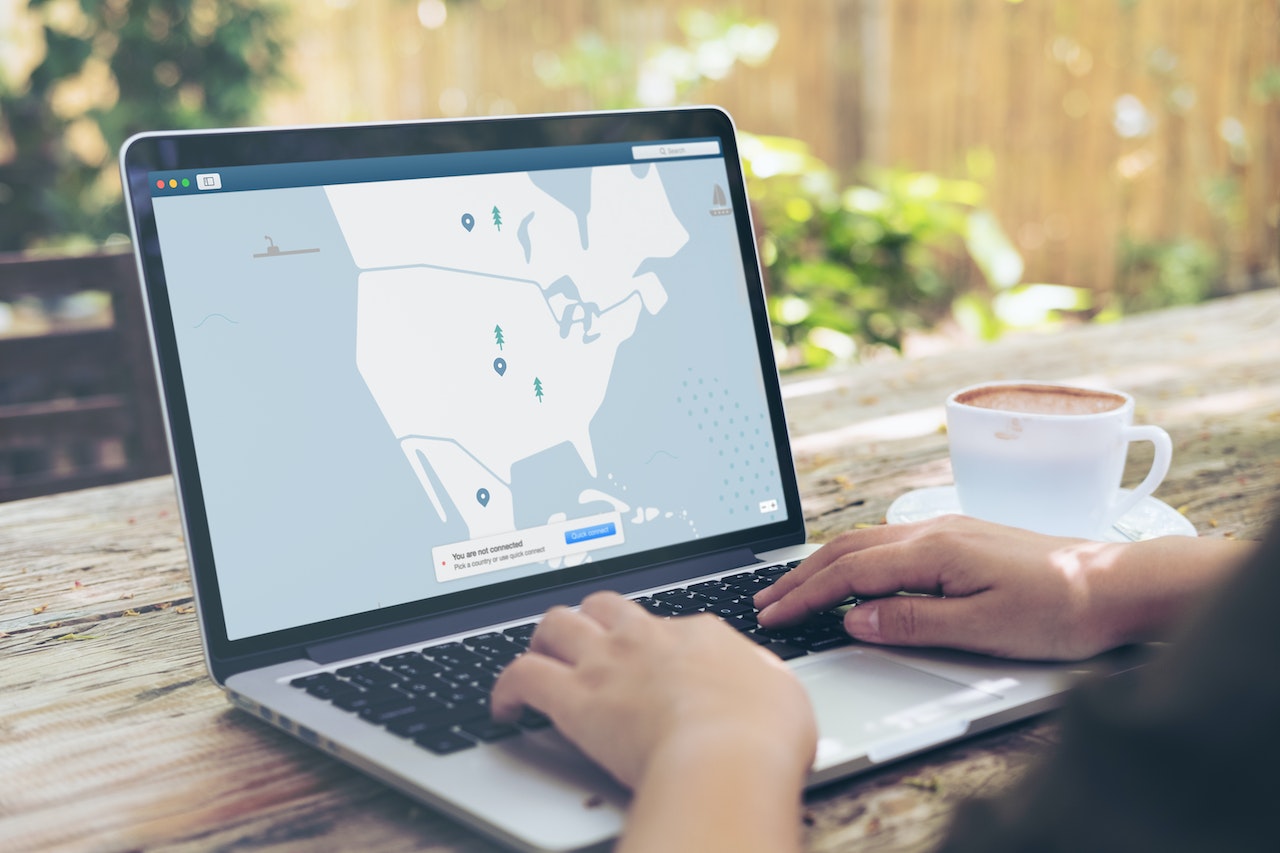A VPN is a virtual private network. Outside of their popularity within Telecommunications, gaming, and streaming, VPNs provide a number of reasons for their adoption. This article will explore this topic in further detail, commencing with the purpose of VPNs and the security VPNs ensure.
What is the purpose of a VPN?
The purpose of a VPN is to mask the IP address of users and therefore mask their internet data. VPNs make encrypted servers available, thus protecting data from Governments, Internet Service Providers and hackers.
VPNs may be adopted by those using both public and shared Wifi networks, guaranteeing people’s online safety and privacy. Essentially, users of VPNs relocate themselves. This can be to another state, country, or residential address. The use of VPNs which has been deemed a novelty is for saving money when shopping online. This is because vendors can change the price of a product depending on the buyer’s location. Below are other uses and benefits of VPNs:
Intertwining of security and convenience
A very popular feature of VPNs is the availability of split tunneling. Split tunneling permits users to encrypt specific parts of their data, without the requirement to encrypt all of their data. Here is a breakdown of how split tunneling works:
- The pieces of data that the user wishes to encrypt are re-routed through the VPN tunnel. This tunnel is extremely secure, preventing hackers and Internet Service Providers from being able to access data.
- The pieces of data which are chosen to remain accessible are routed through a public network.
Therefore, split tunneling allows for the use of virtual and public networks at the same time. This intertwines elements of security and convenience, thus being a very useful tool.
Data privacy from the Government
In the modern age Governments across the globe are increasingly collecting citizens’ data. This data may be obtained by being purchased. For example, in the year 2013, it was revealed that Verizon (a Telecommunications company) was actively selling data regarding Internet usage to the National Security Agency in the USA.
Nine years later, technology has advanced and more data leaks have occurred. Despite the introduction of Government surveillance limitations, there remain means of obtaining data. For example, The New York Times reported that the Defense Intelligence Agency surpassed the law which demands that Government Agencies provide a warrant if they want to obtain data from phone companies. This was surpassed as the agencies in question paid third-party sources for this data instead.
The use of a VPN means that the data you produce is untraceable to your device, and thus IP address, meaning that identity is not attached to the data at hand. This in turn decreases its value, making it practically unusable.
Security for remote workers
The encryption of information provided by a VPN is extremely important for remote workers. Encryption works by placing data in a coded format which in turn blurs its meaning, making this data confidential.
This means that, in working scenarios, confidential information such as specific work projects can be accessed without the worry of its safety. Outside of remote work, VPNs can also secure businesses which work face to face.
Privacy from ISPs (Internet Service Providers)
Internet service providers have the ability to access the internet browsing data of their consumers. In many cases this data is sold to advertisers, in turn creating the threat of data leaks and breaches. This can be prevented by the availability of private internet access.
The ability to view your internet usage enables providers to make you the target of bandwidth throttling. Throttling refers to the action of deliberately slowing your internet speed, making it hard to do tasks requiring a larger bandwidth like gaming or streaming.
The adoption of a VPN means that your IP address will be obscured (re-routed to a different country or residency). When this occurs, ISPs are consequently unable to log your internet usage, meaning your data cannot be sold and your connection cannot be throttled.
Security on public wifi
For those who access the internet on public wifi connections, many risks can be posed. If you read emails, check your bank account details, or even scroll through social media, then this information can be tracked and accessed. This is because many public networks have weak security measures, making the job easier for hackers and malicious third parties.
Using a VPN adds additional security and makes your information untraceable, meaning you can freely access the internet in public spaces.
Increased internet access and bypassing restrictions
The use of a VPN can grant users access to websites which would otherwise be restricted. Examples include accessing Twitter in countries where it is banned, and accessing Netflix. Some users opt to use a VPN to access HULU, which is only available in the US, Puerto Rico, and Japan.
Many VPN companies openly express their opposition to restricted internet access. The freedom to roam online and access all forms of information is extremely valuable and is a right which should not be restricted. Recently, the Indian government had to delay their plan to collect more citizen data due to controversy.
Conclusion
To conclude, a VPN is a virtual private network. VPNs mask the IP addresses of their users. This in turn makes their internet data unavailable by entities such as governments, ISPs and hackers. The results of this offer many advantages to consumers. The feature of split tunneling allows users to choose which elements of their data become encrypted. Other reasons to use a VPN include: security for remote workers, security when using public wifi networks, and the ability to bypass restrictions. This means that through the use of a VPN, security and privacy are ensured, alongside the internet becoming increasingly accessible.






